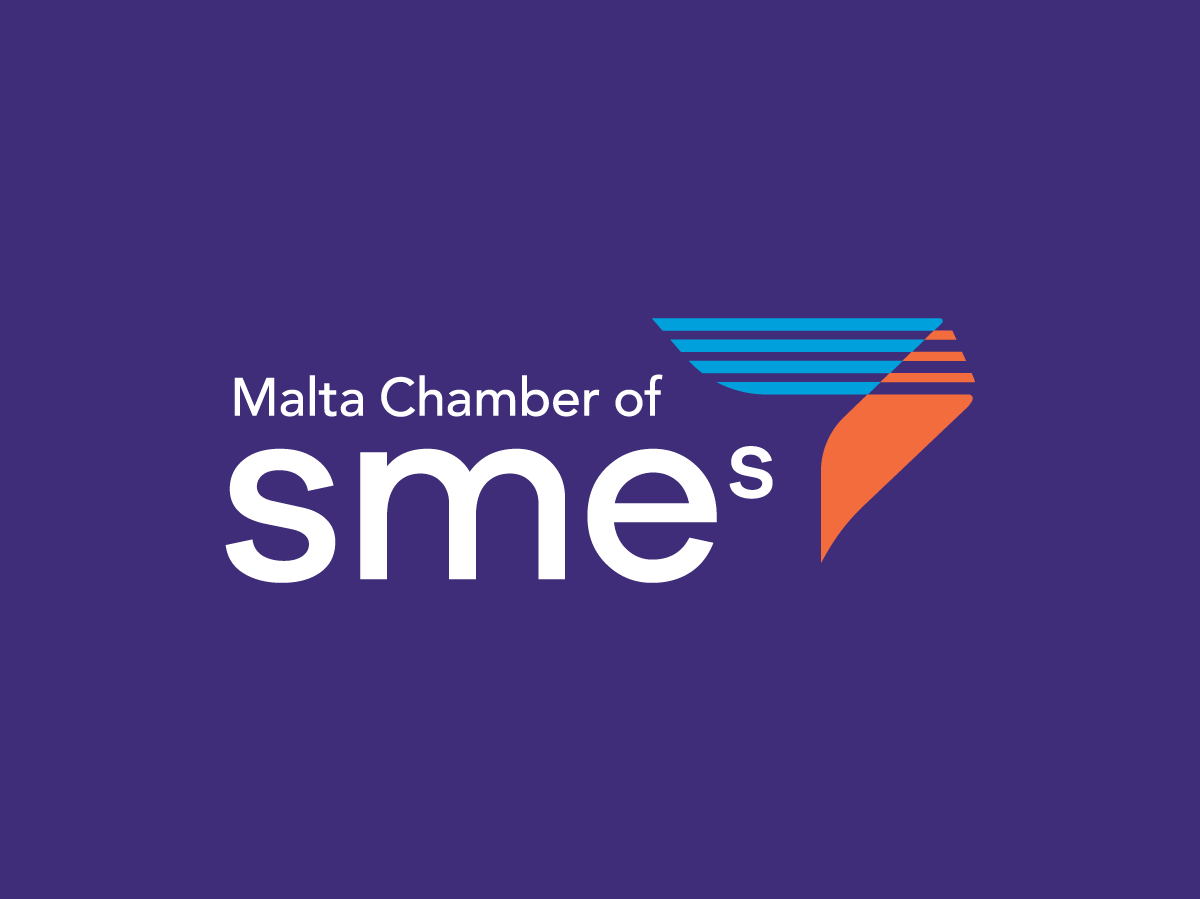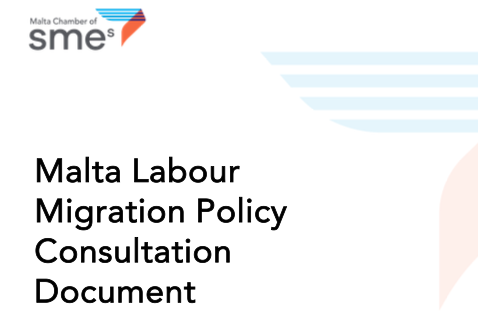
Between the 24 and 26th of February a delegation from the Malta Chamber of SMEs visited Tunisia to build stronger business ties and explore new opportunities.
Over three days, the SME Chamber delegation met with key officials, including Trade Minister Samir Abid and CEPEX CEO Mourad Ben Hassine, to discuss ways to boost trade and investment between the two countries.
They also connected with the Foreign Investment Promotion Agency (FIPA) to learn more about Tunisia’s business climate and investment incentives.
The visit was packed with B2B and B2G meetings, allowing Maltese and Tunisian businesses to exchange ideas and explore potential partnerships. In Sousse, the delegation visited Novation City, where they discussed innovation and industry trends, followed by structured networking sessions at CCI Sousse.
The delegation was composed of Mr Paul Abela, Mr Philip Fenech, Mr Joe Zerafa, Ms Joan Haber, Mr Dino Fino, Mr Karmenu Zamit, Mr Mario Debono, Mr Sergio Camilleri, Mr Beppe Muscat, Mr Joe Attard and Mr Jamie Tanti.
They also met Mr.Ben Anaya Huile, where they got a firsthand look at Tunisia’s olive oil production and export potential, reinforcing the many ways businesses from both nations can collaborate.
The SME Chamber would like to thank particularly H.E. Joseph Mario Sammut for his assistance throughout the visit.





















